📚 Read time: 4 minutes
Coming up: curtains, cortexes, sympathy, screen time, spooky studies, some simple life hacks, why stress and sleep are intimately intertwined, and how one simple supplement can easily help with both.
❌ We all know stress is bad.
❌ We all know poor sleep is bad.
And even though Rob and I are a health-conscious couple, we spent years thinking stress and sleep were two very-separate issues.
But we were very wrong.
(... and we were also very stressed and very sleep-deprived. Strange).
After doing some research, we learned:
😧 High stress makes sleep worse
🥱 AND bad sleep makes stress worse
… and if you’re not controlling both, you’re not really controlling either. Here’s more:
Our stress and sleep
👋 We’re Elaine and Rob, the married-couple team behind Sentro Labs.
We’re normal people, both in our 40s, and parents of two kids. Which means:
❌ Life is stressful.
❌ Good sleep comes at a premium.
So, we went on a mission to improve both our sleep and our stress.
We tried MANY different things (which we’ll come to later), including engineering our own supplements (which we’ll also come to later).
… but, first, the very delicate relationship between sleep and stress:
Part 1: how stress makes sleep worse
Although it might seem like an enemy, stress is meant to be a friend.
Basically, stress exists to keep us:
- Ready
- Energetic
- Alert and alive
🚨 That might be useful if you’re a caveman being chased by a saber-toothed tiger.
… but it’s not so useful if you’re just an overworked office-managing parent trying to get good sleep.
Here’s what happens when you’re stressed:
- Your sympathetic nervous system is activated: your body’s 'red alert' mode, this cranks up your heart rate and blood pressure, and sends your brain into panic mode.
- Cortisol is released (that’s the body’s stress hormone). Amongst other effects, cortisol is designed to keep your brain awake and alert, and not at rest.
- Your body gets stuck in hyperarousal, which makes you literally unable to relax. Your senses and emotions are heightened, and you might feel sweaty and restless. This is considered one of the major causes of insomnia.
In short, stress puts you in a state of active unrest. And if your brain and body can’t relax, you aren’t gonna sleep well.
But, the bad news isn’t over (sorry):
⏰ Yep, high stress makes sleep worse.
⏰ … but bad sleep also makes your stress worse:
Part 2: how bad sleep = bad stress
When your brain and body are rested, they can cope better with stress…
… but when you’ve had bad sleep, your brain and body become more emotional, and more fragile. Many studies have shown how worse sleep leads to worse emotional resilience.
Other studies have shown how sleep deprivation:
- Makes the amygdala go into overdrive. This is the brain’s emotional center—and when the amygdala is overworked, you’re more reactive to negative stimuli, you have more negative feelings, and it becomes difficult to regulate emotions.
- Encourages your prefrontal cortex to get sleepy and ineffective. This part of your brain has a big part to play in decision-making, reasoning, controlling impulses, and planning. And if you can’t do those things properly, you’re gonna get stressed.
- Reduces emotional reasoning in general. So, you’re more likely to become emotional, you’re more likely to respond to things in a negative way, and you’re less likely to work through your day with logic.
Put simply: bad sleep makes you worse at handling stress, which makes your sleep even worse, which makes you worse at handling stress. And so on and so on and so on.
Things we’ve done to improve our sleep & stress
Over the past few years…
(... thanks to diminishing testosterone and some perimenopause symptoms)...
… we’ve become much more mindful about how we manage our sleep, stress, diet, and exercise.
So, here are some things that work for our sleep + stress (and maybe they’ll work for you too):
- Staying properly hydrated
- Reducing evening screentime
- Trying to get around 7 hours sleep a night
- Getting some daylight as soon as we wake up
- Doing some relaxing exercise, like walking or yoga
- Cutting back on caffeine (and having a caffeine curfew)
- Sleeping and waking at the same time each day (well, when we can)
- Drinking less alcohol (and if we are going to drink, we try not to drink at night)
-
Eliminating ALL artificial light from our bedroom (and getting blackout curtains)
🧘 Although Robert isn’t hugely into trendy mindfulness stuff, Elaine has also tried meditation, journaling, and gratitude exercises—and they’ve all helped too.
(for much more detail, here are 7 surprising tips for better sleep).
✅ But, crucially, and maybe most importantly, we also started taking the right supplements—especially useful given some of the above can be a bit challenging and unrealistic when you try to do them every day.
Some of these supplements worked; some of them didn’t.
… so, eventually, we developed our own sleep & stress complex EQUILIBRIUM. Designed specifically to reduce stress and improve sleep, it features L-Theanine, Lemon Balm, Magnesium Bisglycinate, Chamomile Extract, Hops Extract, L-Ornithine HCL, and KSM-66 Ashwagandha.
Taking EQUILIBRIUM has made us much more alert and energetic—and helped us sleep better and stress less.
🚨 And by fixing both our sleep and stress, it’s helped us break the horrible bad-sleep-bad-stress cycle.
Why bad stress means bad sleep: final thoughts
So, there you go:
That’s everything we’ve learned about the links between bad sleep and bad stress.
To sum up:
- Bad stress makes sleep worse
- Bad sleep makes stress worse
- By controlling one, you’re getting better control of the other
- Lifestyle changes can definitely help (even if you can’t do them every day)
- And a good supplement (like EQUILIBRIUM) can be a massive game-changer
Thanks for reading, and hopefully some of this helps,
Elaine and Rob 🙏





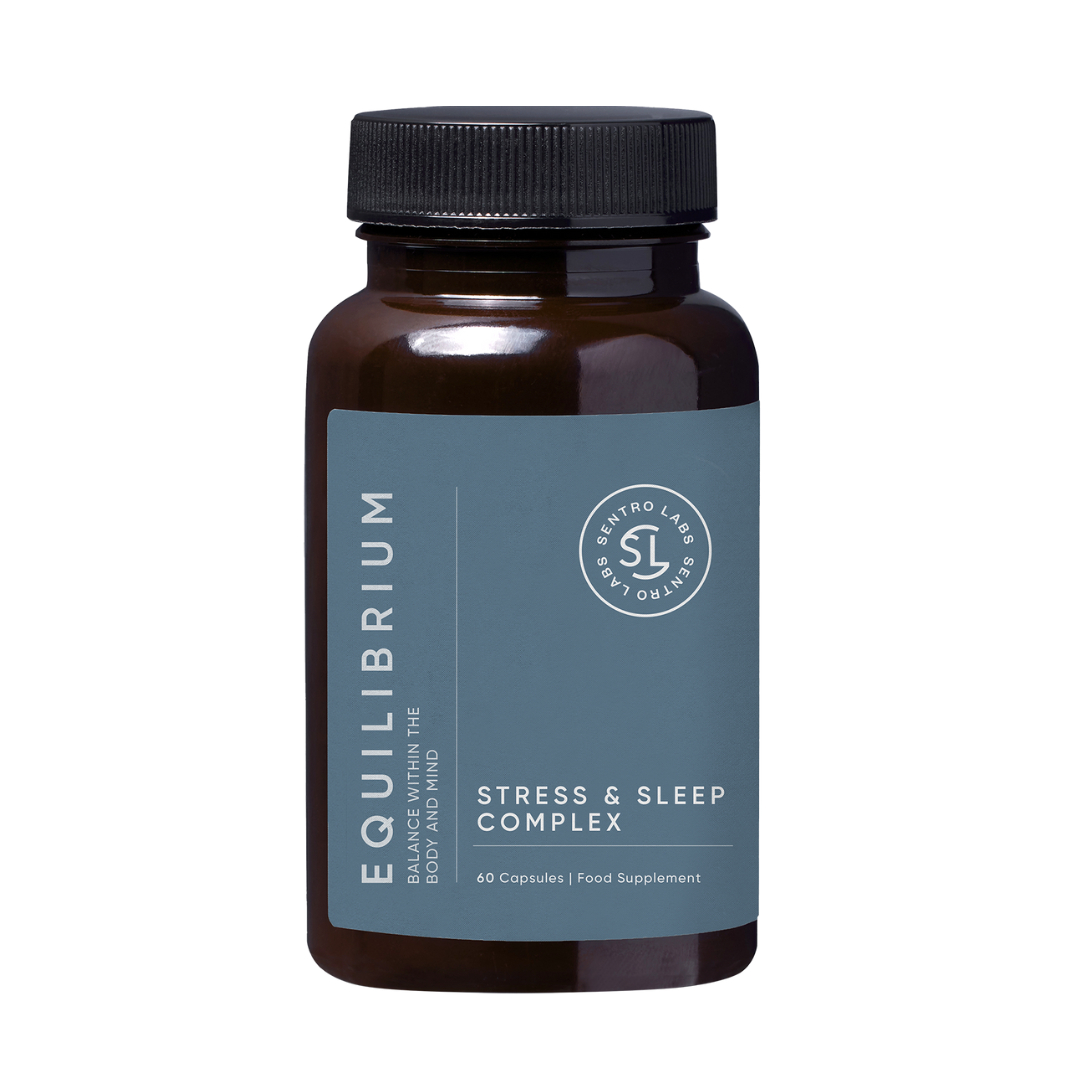
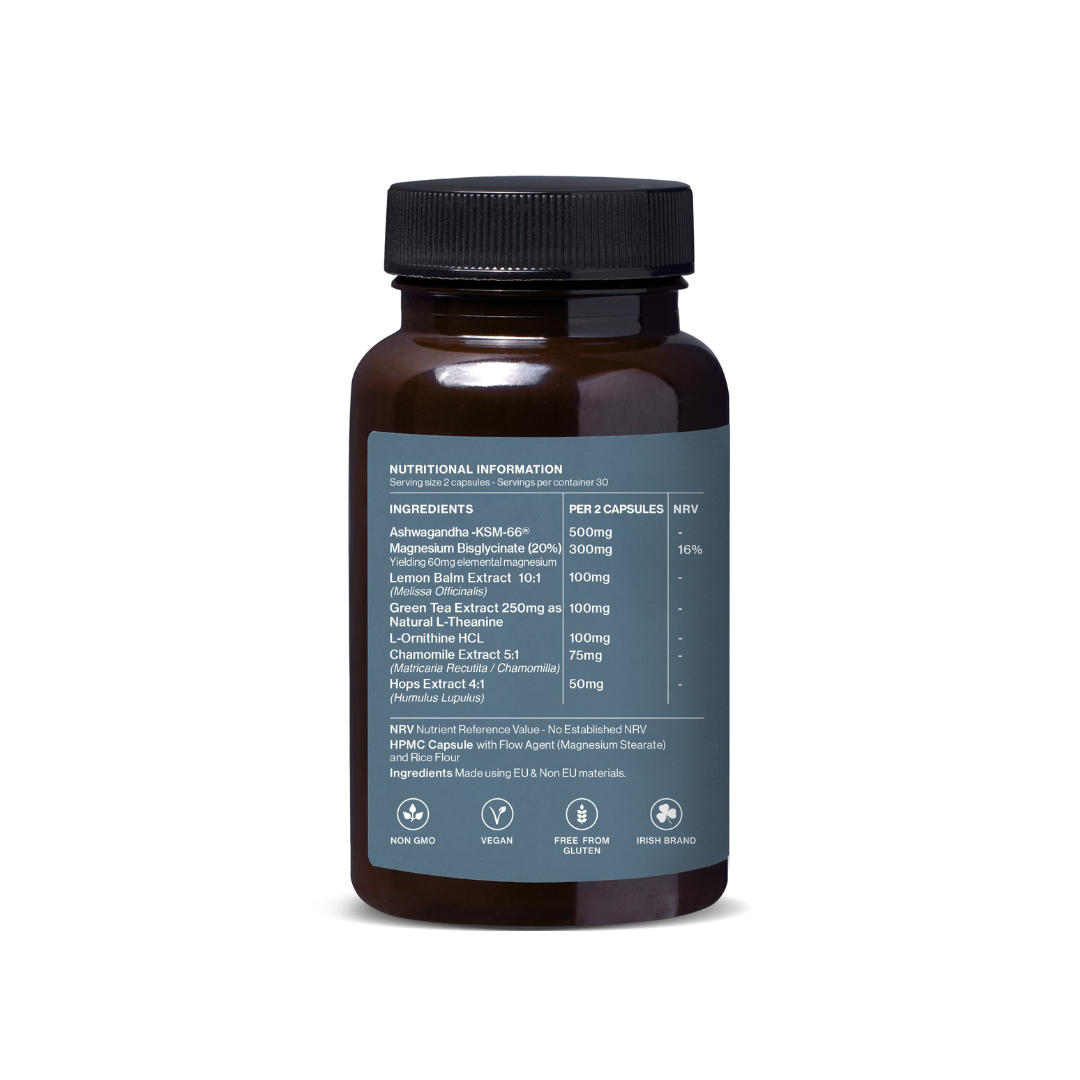
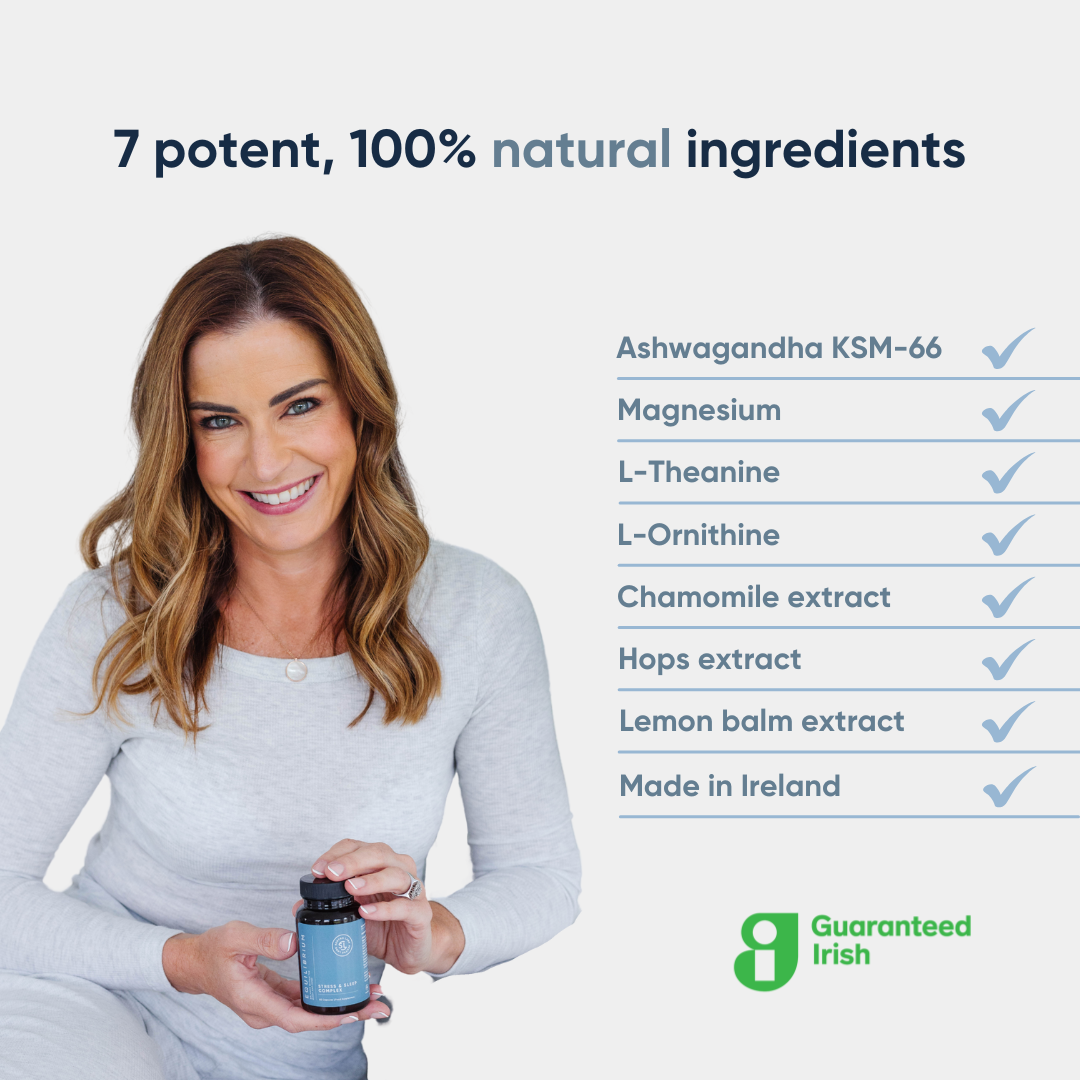
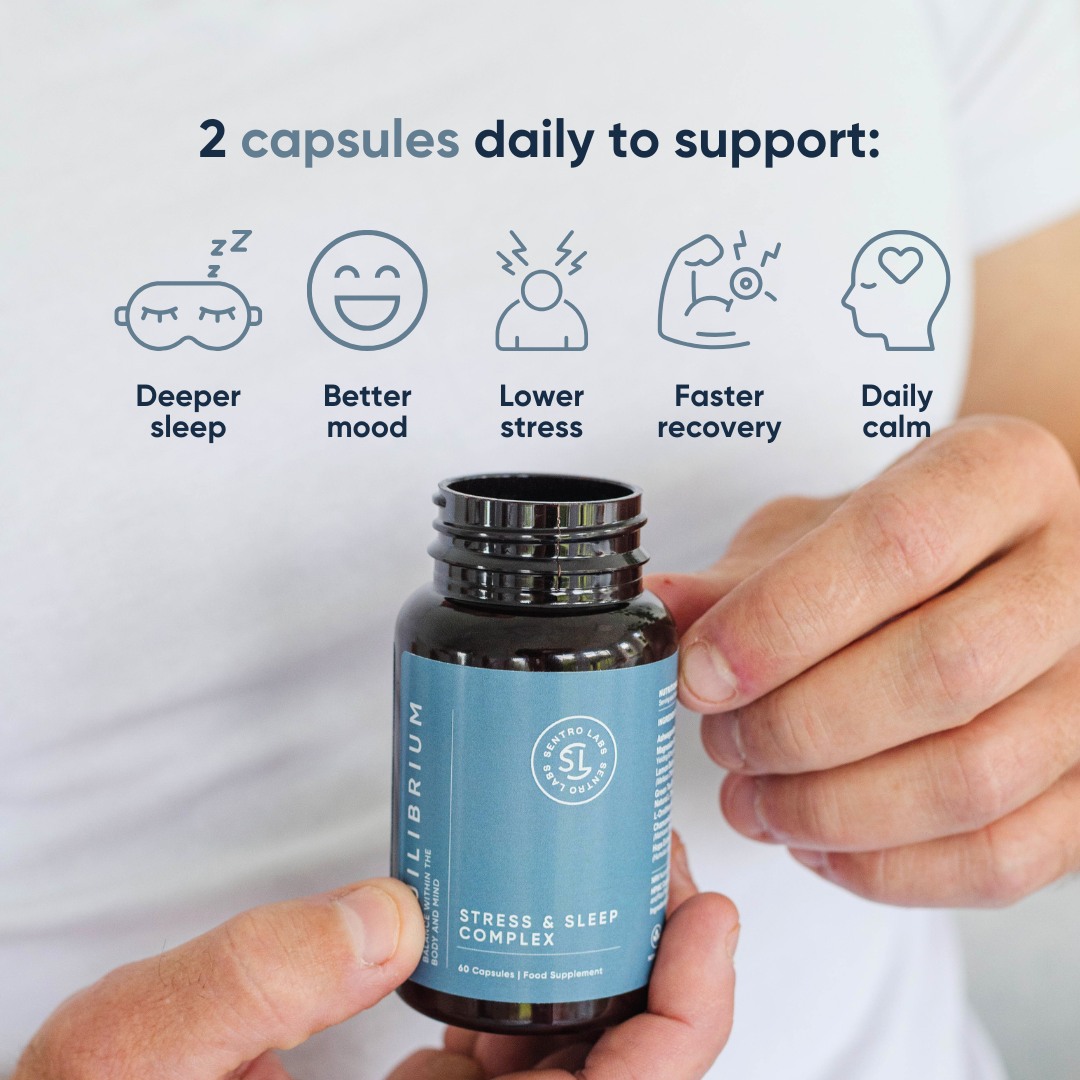

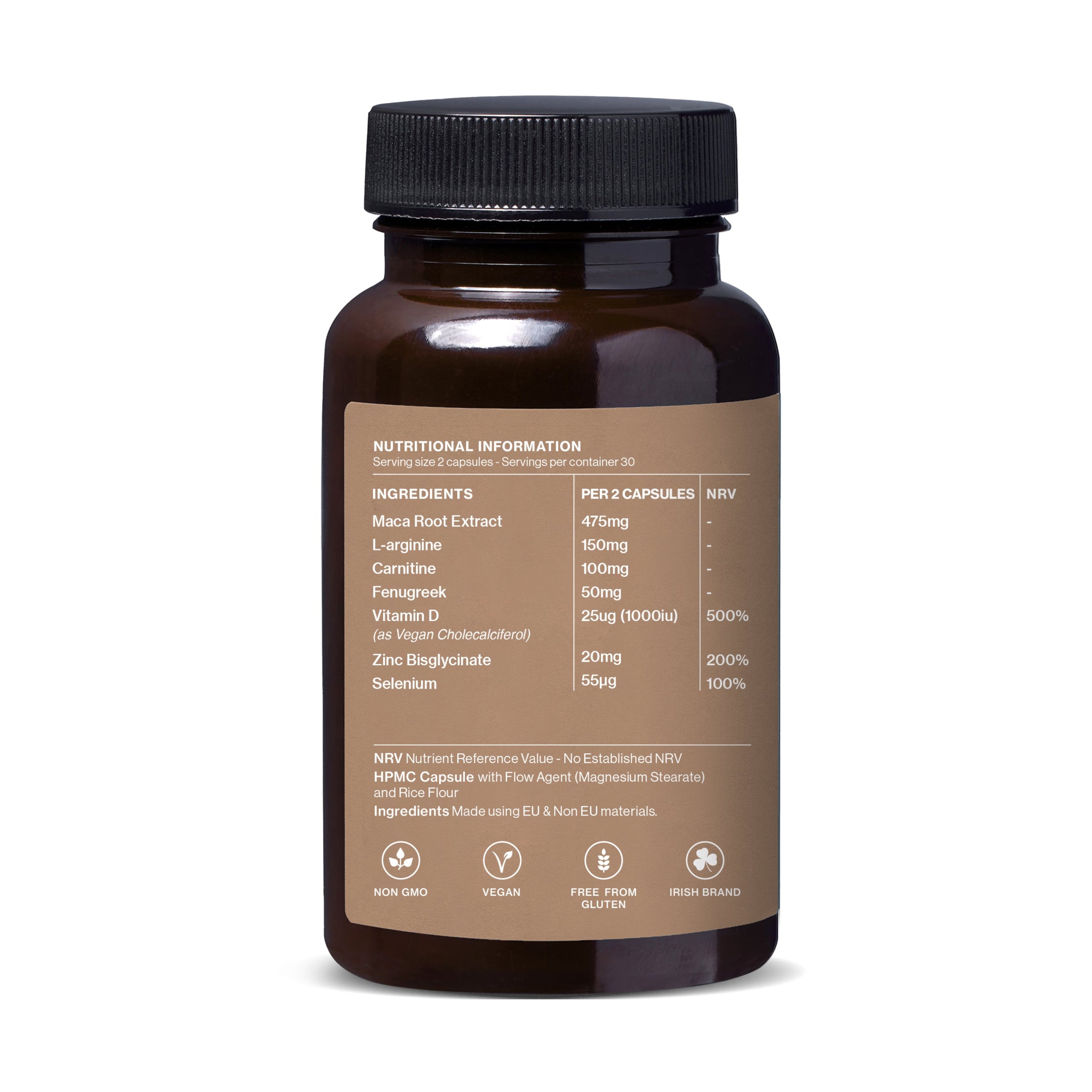
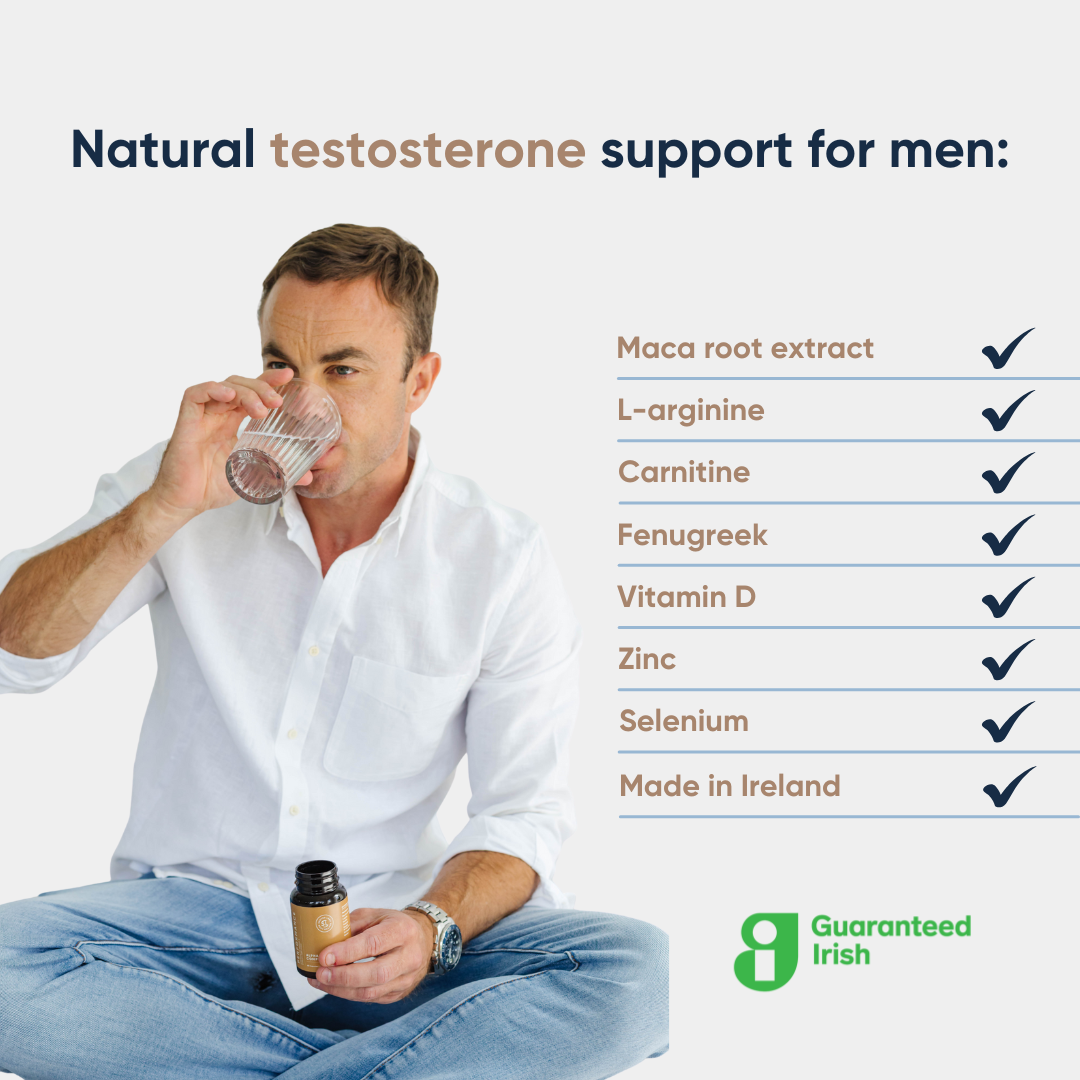
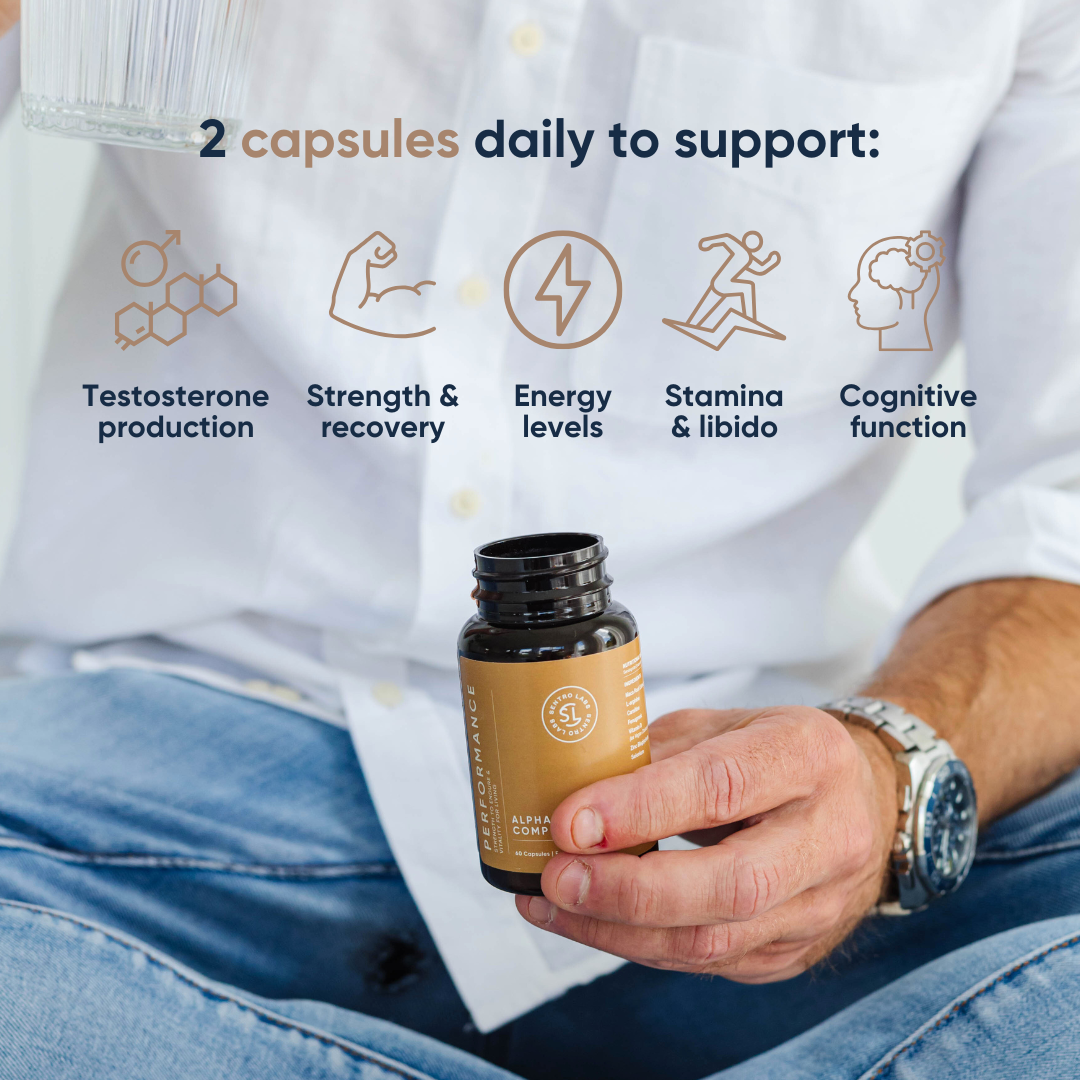
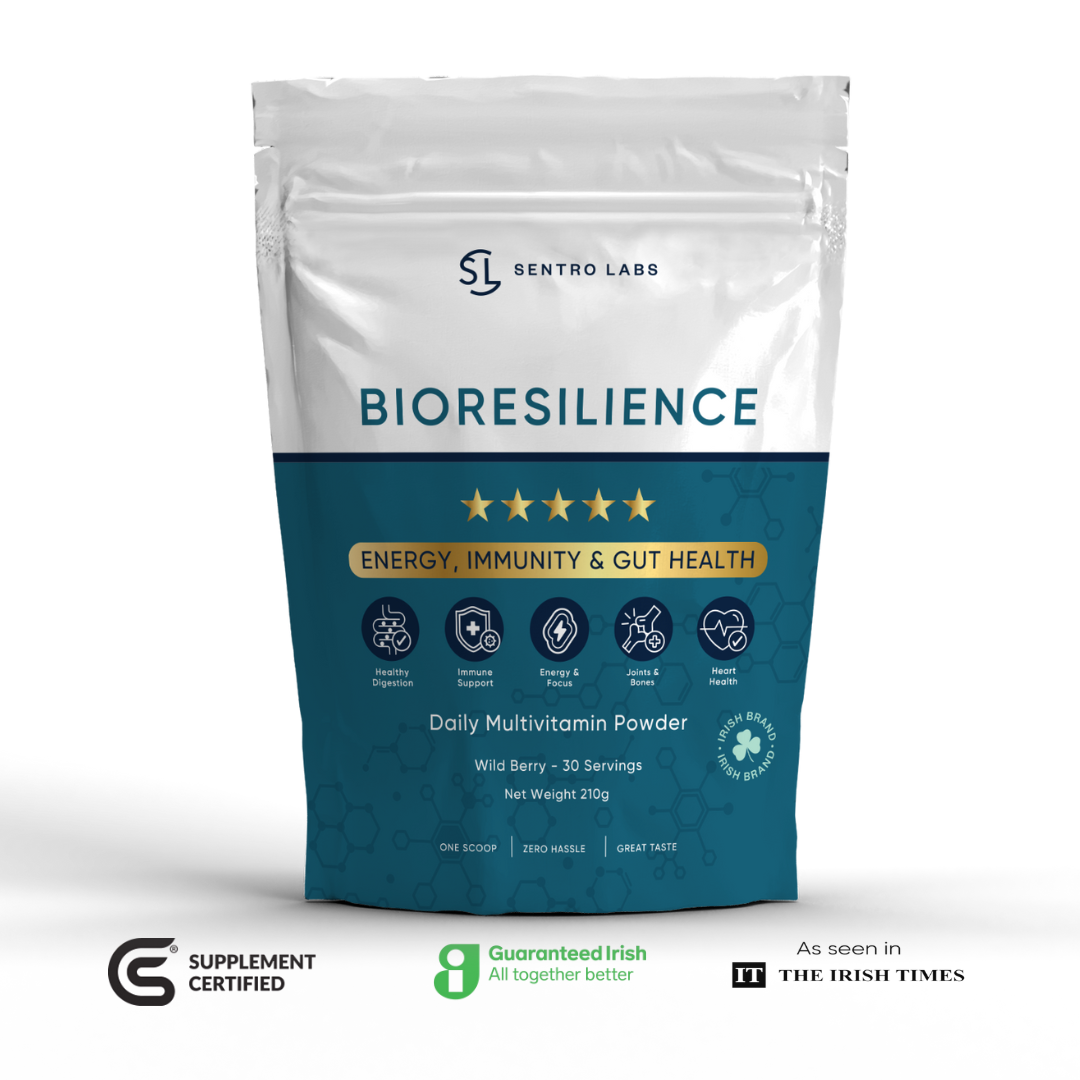
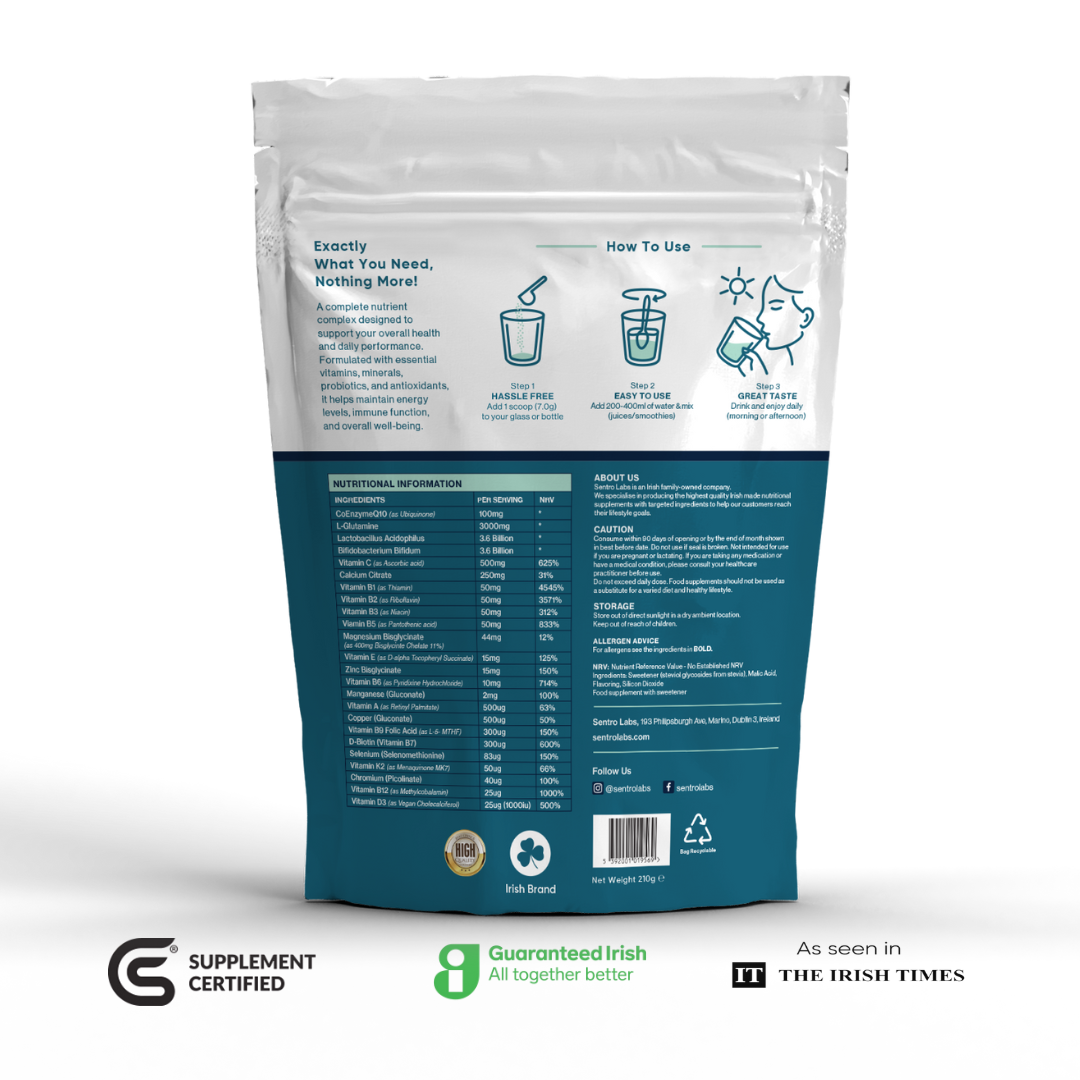

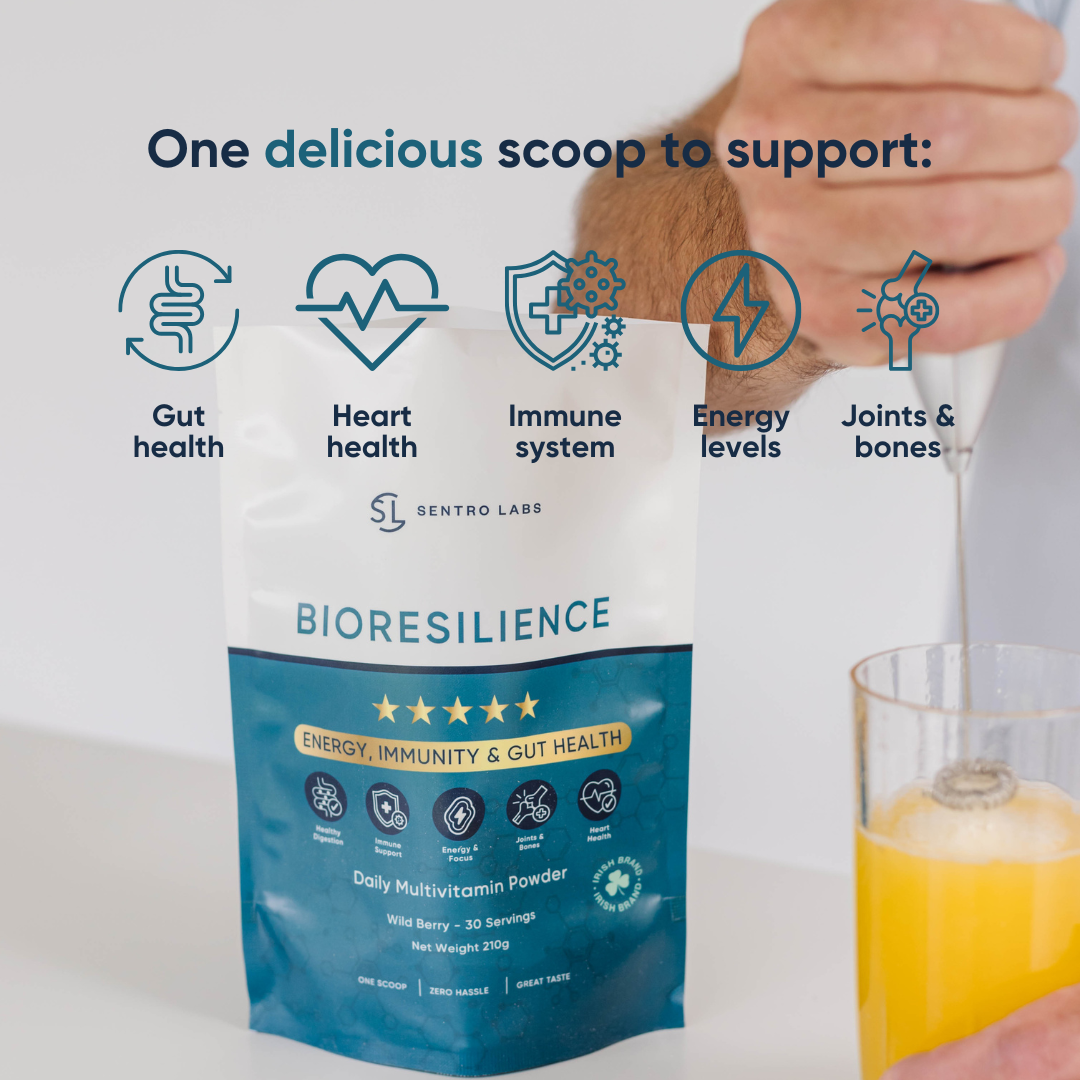

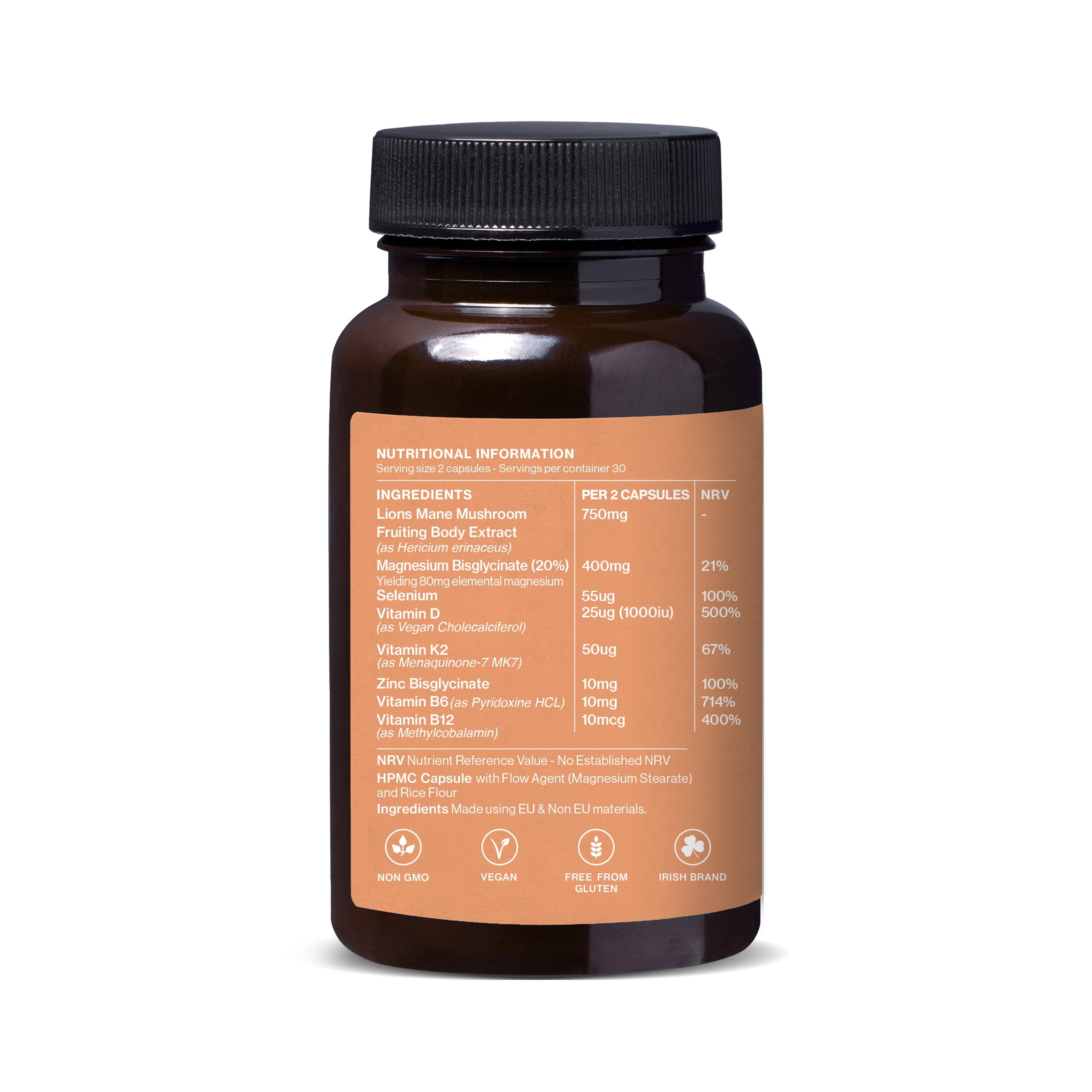
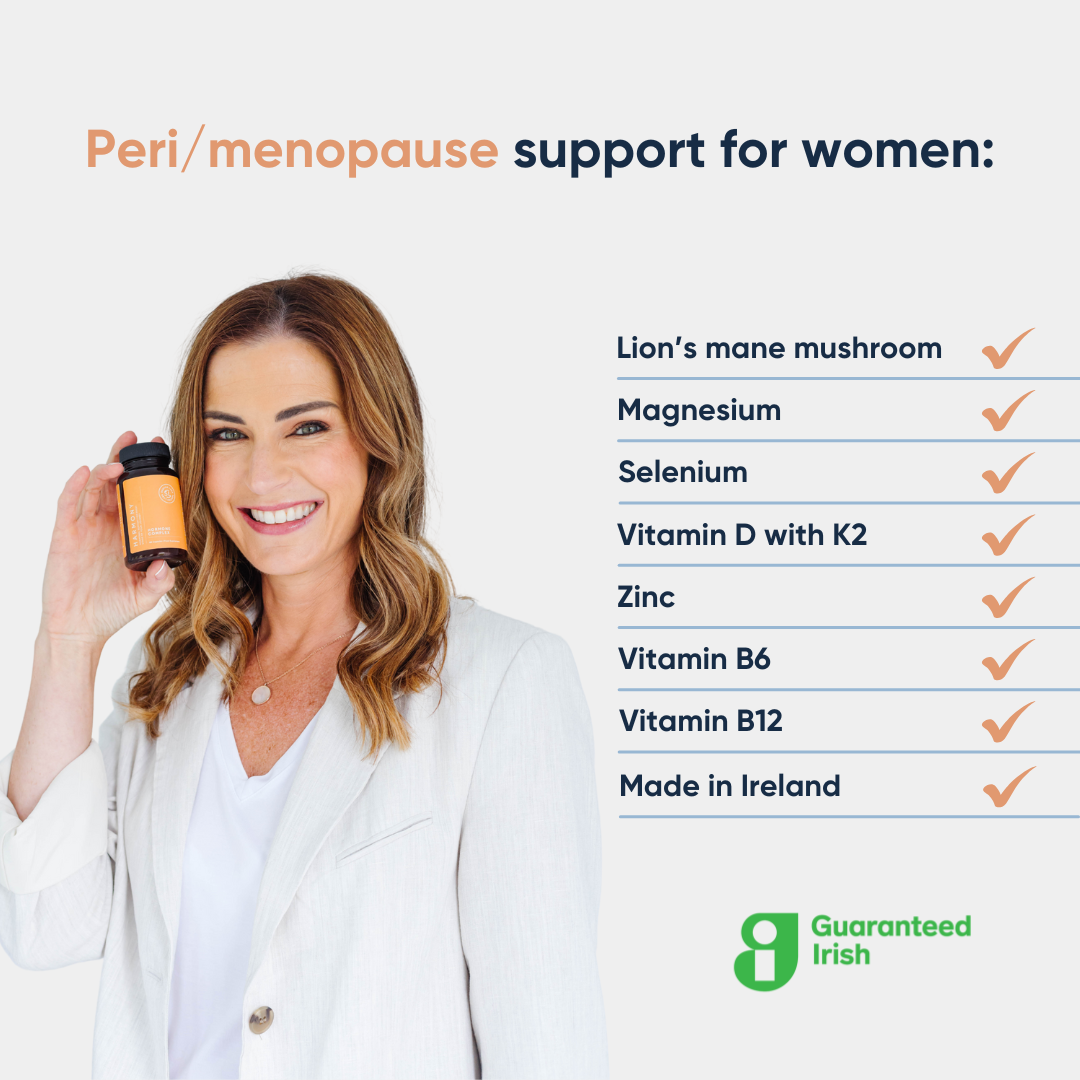
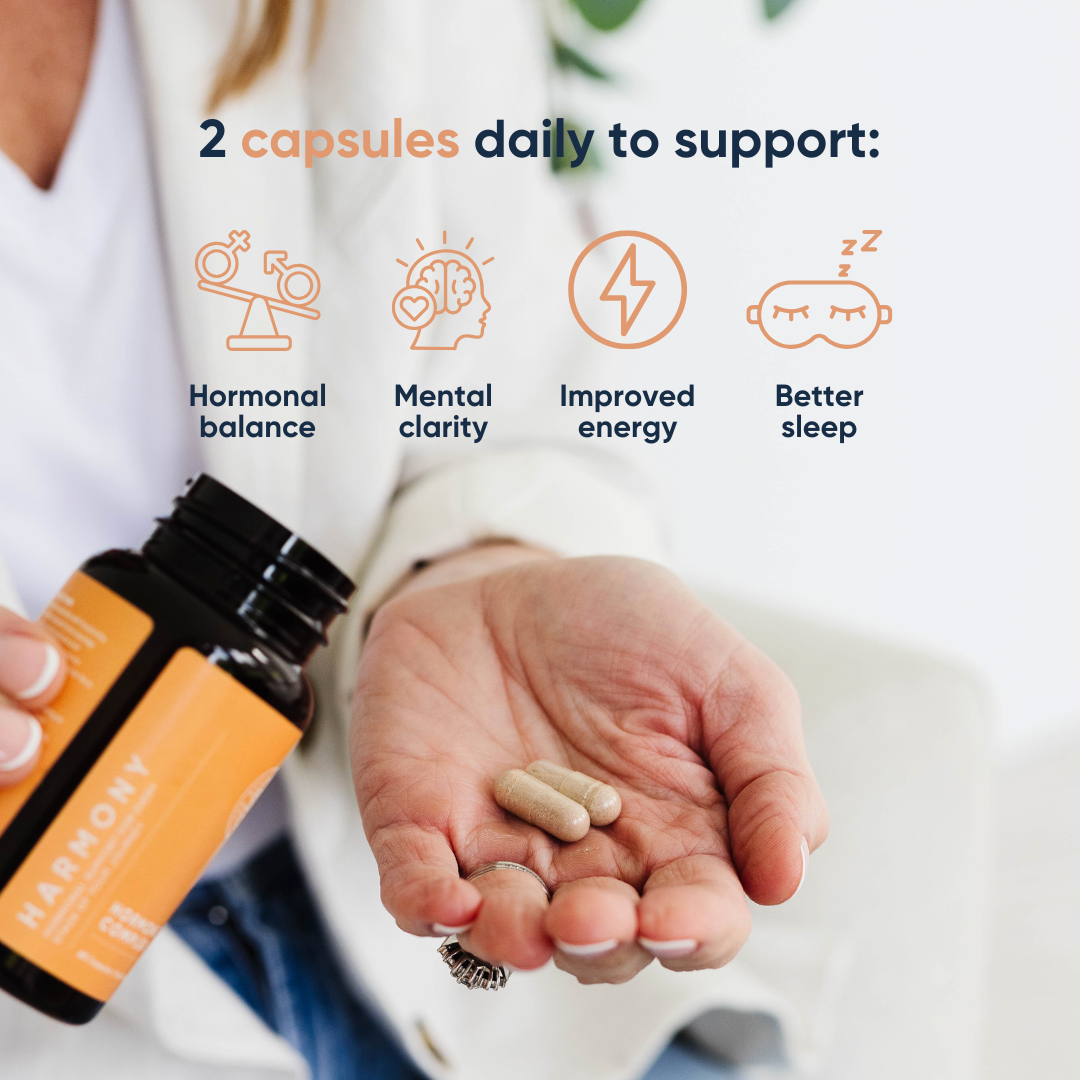

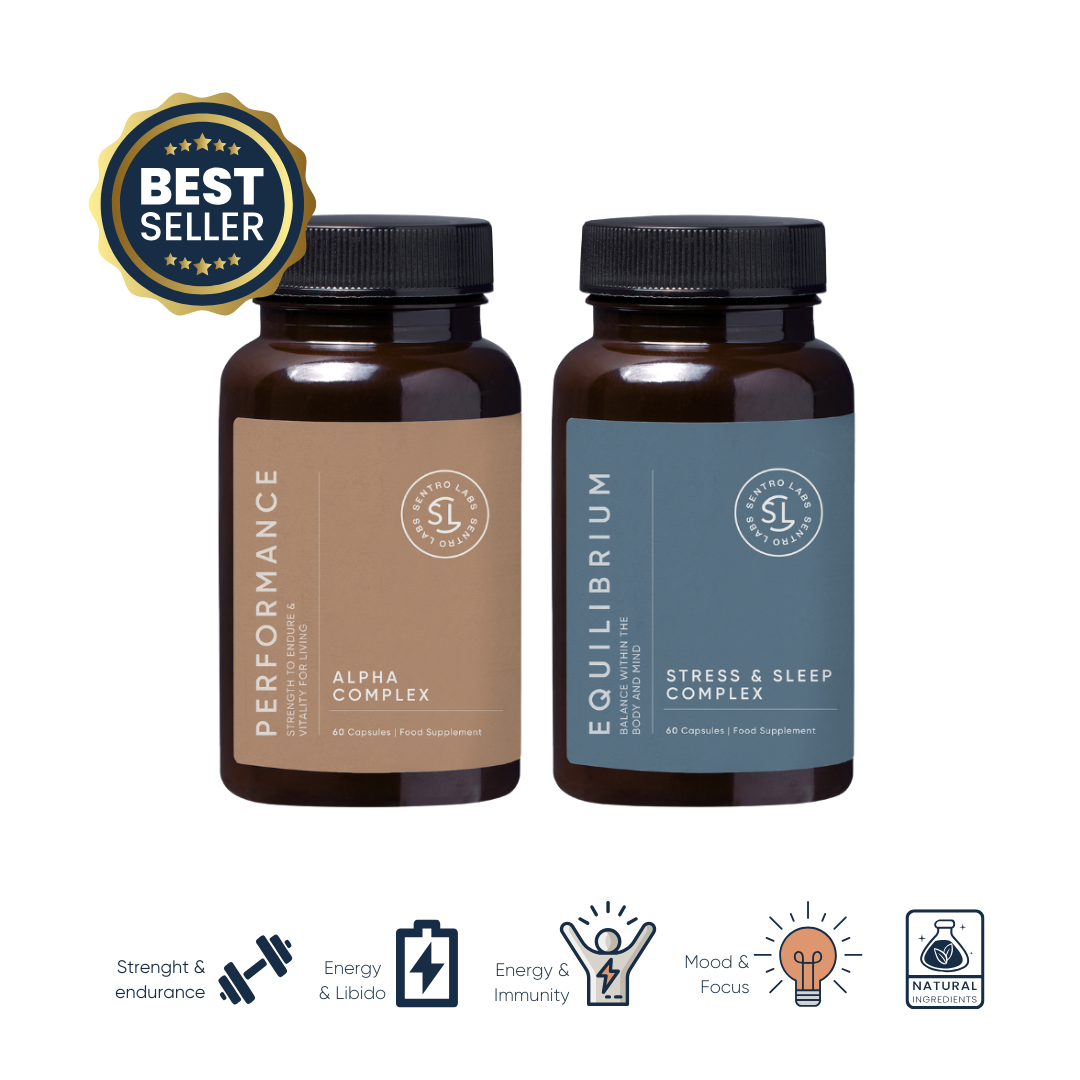
Share:
Can KSM-66 Ashwagandha Improve Your Sleep & Stress Levels?
What Exactly is Vitamin D? And Are You Getting Enough?